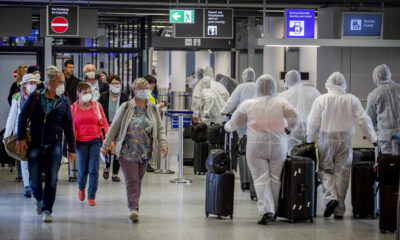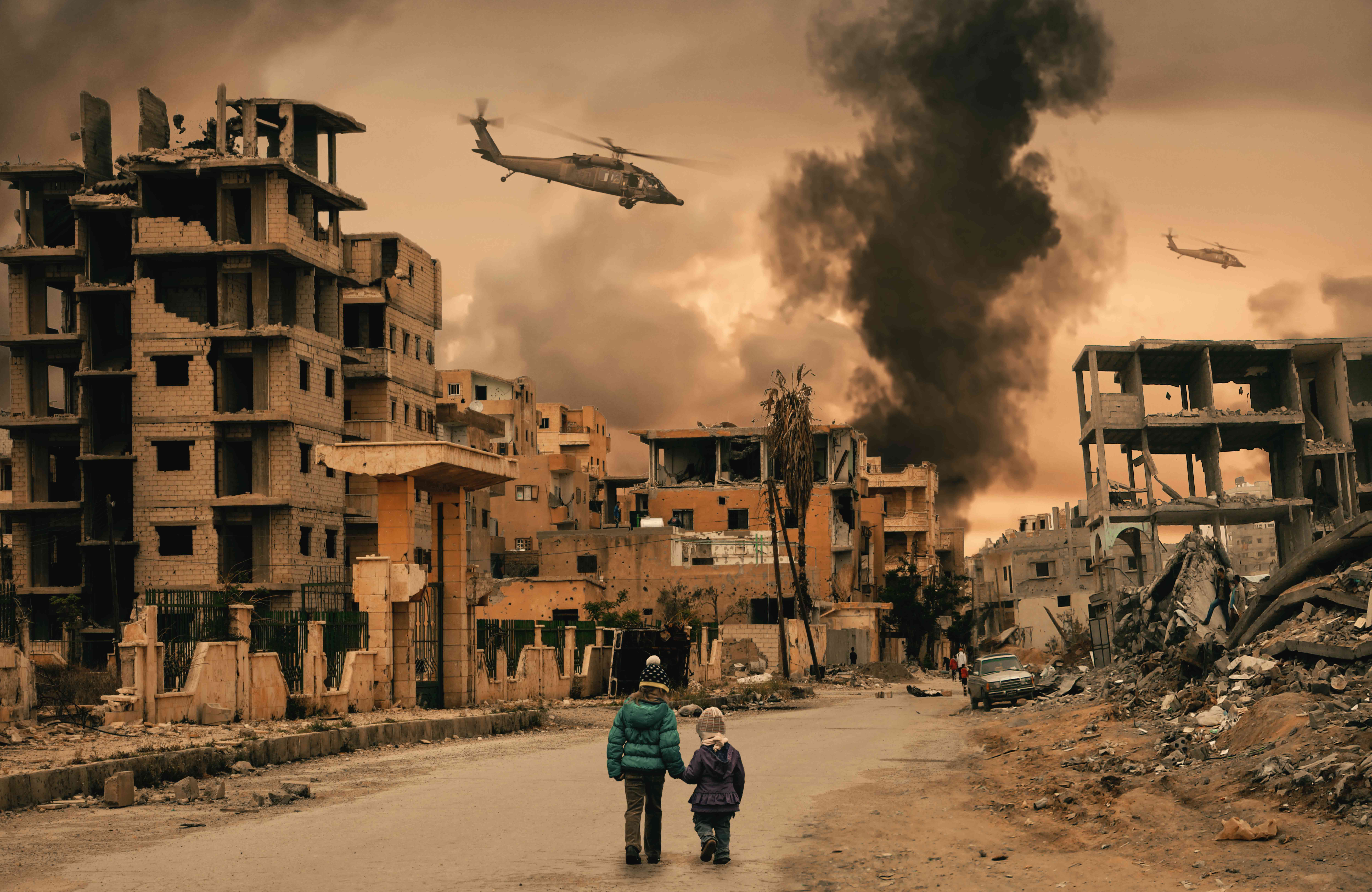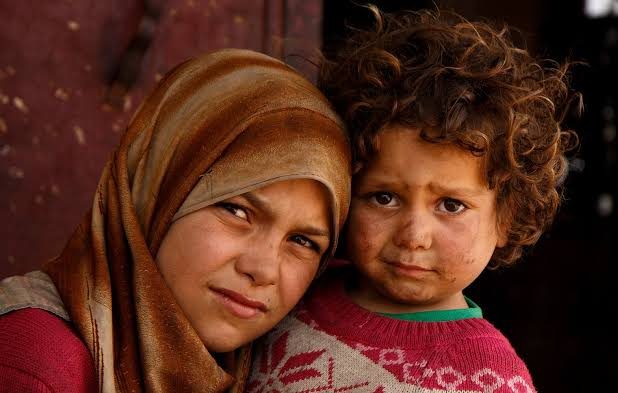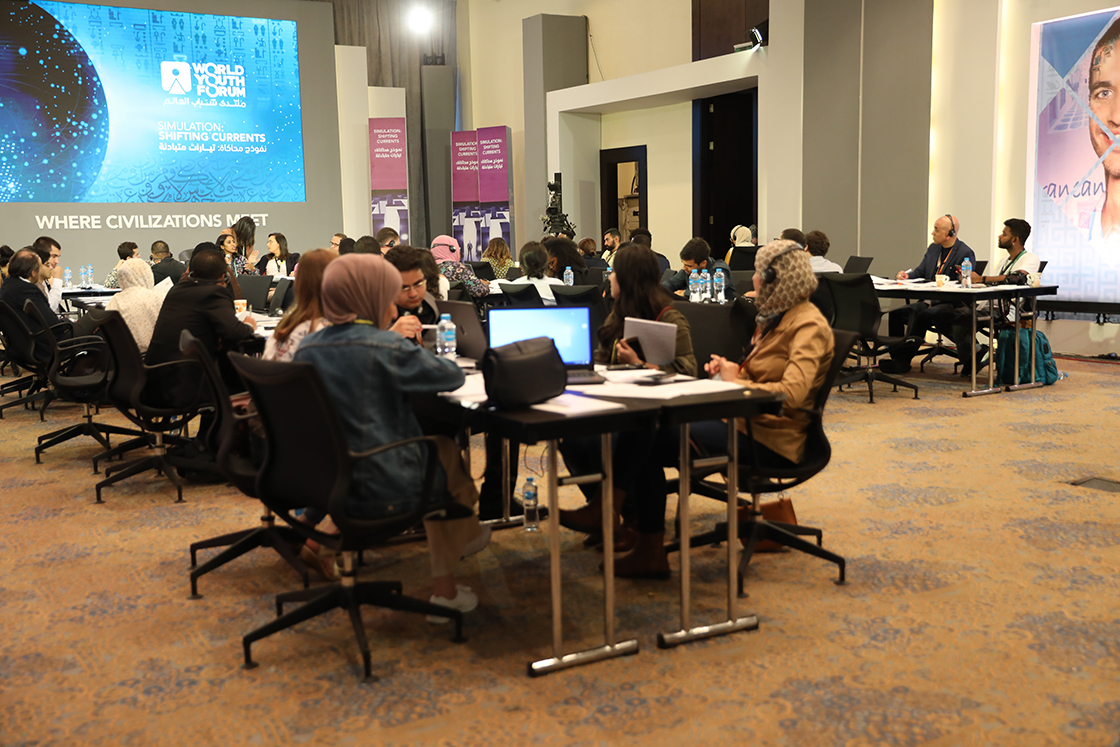Insights
Peace and humanity bring us together
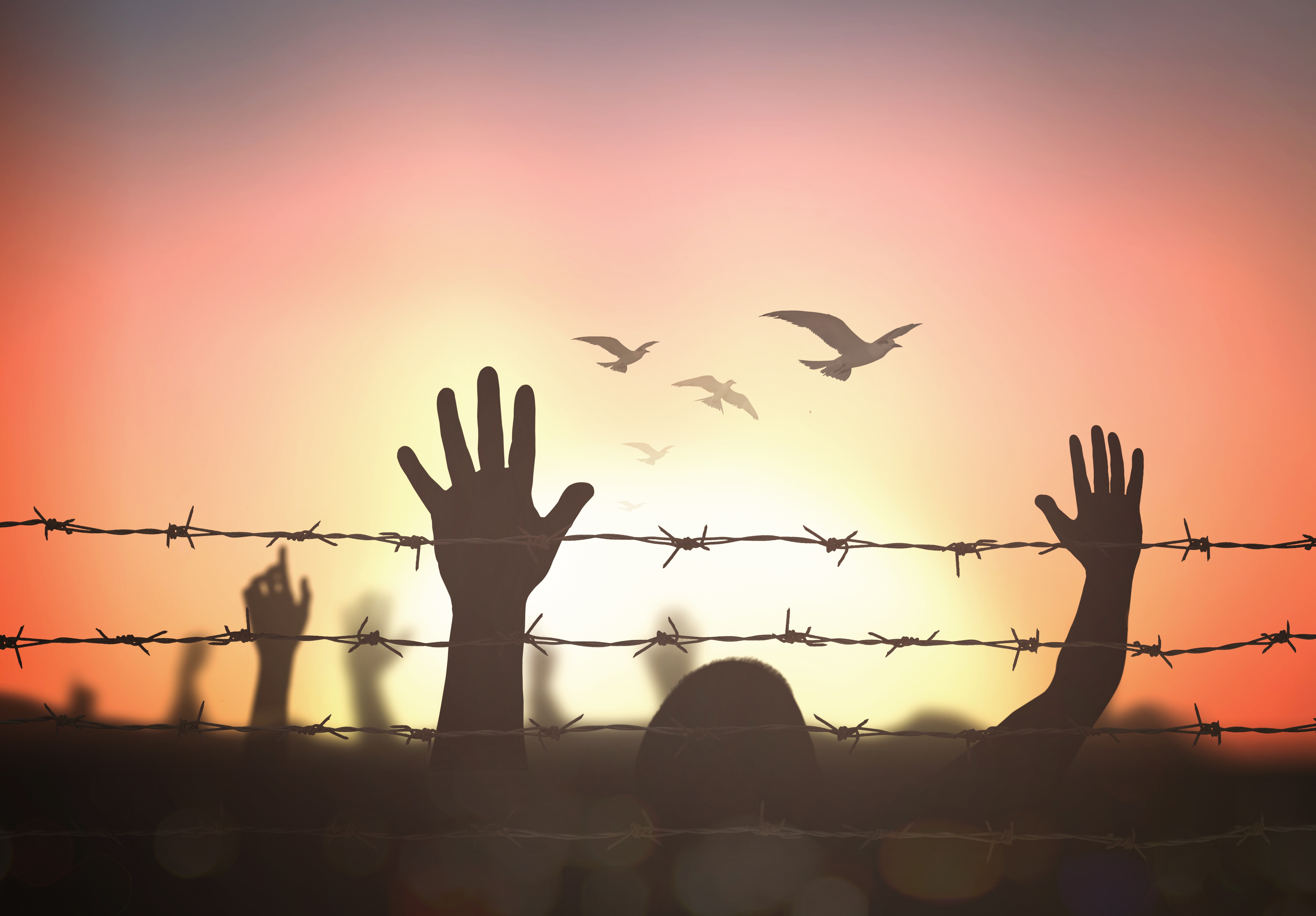
Some individuals cling to the doctrine of “the religion of humanity”. Its essence, in the words of Mahatma Gandhi, is as follows: “I searched for religion and I found that my religion is charity.”
“The Cubs of the Caliphate” and Rehabilitation
Former general of the peacekeeping force in Congo, Romeo Dallaire, describes children in his book “Fighting Like Soldiers, Dying Like Children” as “the perfect weapon in wars”. According to Dallaire, children are more likely to learn new things than adults, and the cost of preparing them is low compared with the older ages. They can move smoothly while fighting, and they are used as sexual objects and human shields, hence the tragedy after the war is over.
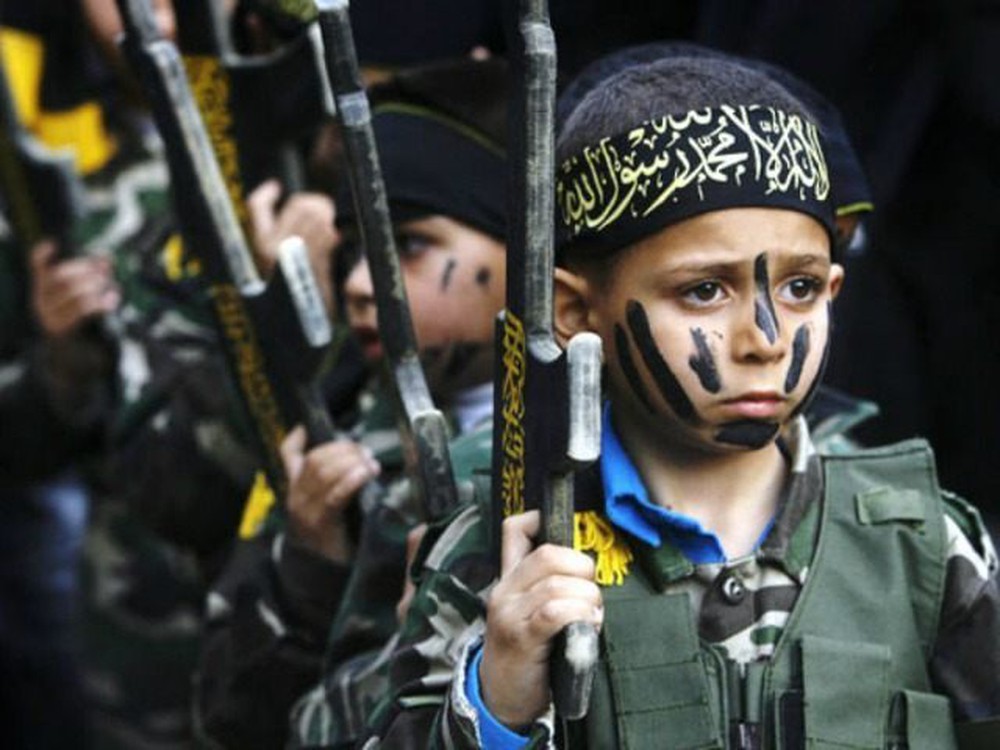
Somewhere in northeastern Syria near the Iraqi border, Rockin Khalil, an official of the Hory Center for the Rehabilitation of ISIS Children, narrates how the bomb that has become known as the “Cubs of the Caliphate” can spread its ricochets to all countries of the world without exception. Khalil and dozens of volunteers in this center have been working since 2017 to rehabilitate the children and try to reintegrate them after the horrific scenes they were brought up watching.
She recalled how a 13-year-old boy, who was the son of a leader of ISIS, was arrested with a severed head in his hand. Khalil’s notion of rehabilitation, which was not the only one dealing with the attempt to build the communities in Syria and Iraq, remains inspiring because of its focus on children beyond the stages of extremism.
“We have more than 100 children in the rehabilitation center between the ages of 12 and 17. Some of them have witnessed many human beings being massacred. Some belong to ISIS and may be in prison, while others have been recruited voluntarily or by force by ISIS,” said Khalil.
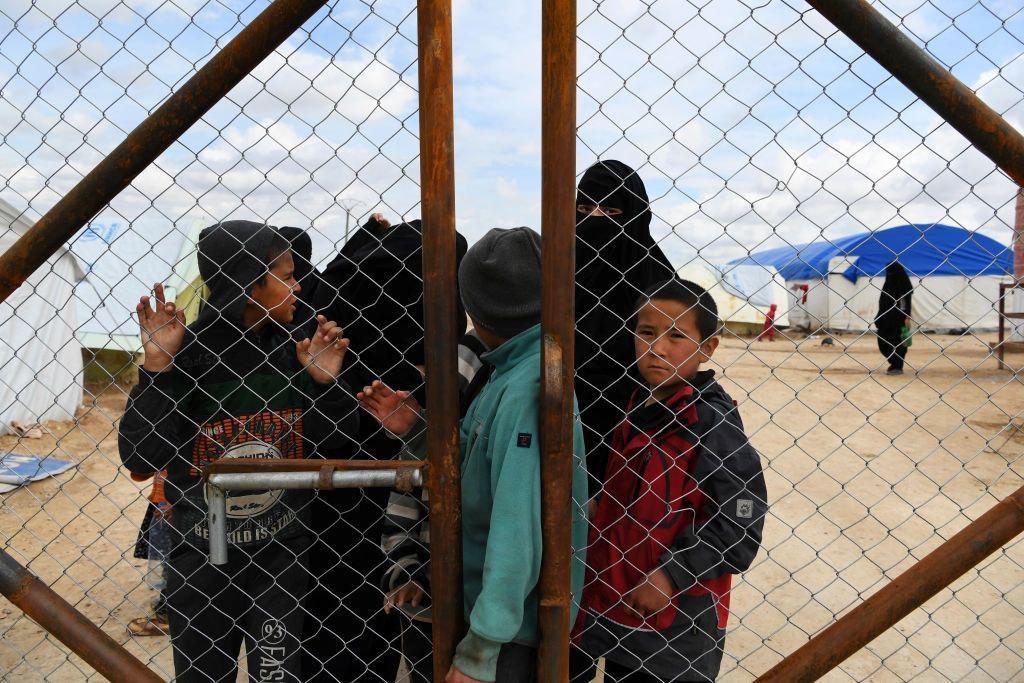
According to Khalil, “The children undergo an intensive daily program that includes a lot of sports and housework, and they participate in workshops where they are trained in different professions, and receive lessons in history, geography, and ethics”. Khalil recalls the early days of some of these children when they arrived at the rehabilitation center: “They did not greet us or shake hands with us, not even look directly at our faces”.
Concerning the results of the initiative, Khalil mentioned how the behavior of children has changed over the months of rehabilitation. “The children spontaneously talk to us, and many of them no longer insult their classmates when they are at odds”.
A journey in search of a new life
The crisis of immigration and asylum erupted in Europe due to conditions in the Middle East, for instance, the Syrian crisis and what followed. Simone Scotta, an Italian working at the office of the Union of Evangelical Churches that helps select refugees to European countries, describes how some refugees have lost their homes, others have lost family members, some have been imprisoned or tortured, and many have health problems. But despite these tragedies, Scotta’s happiness lies in enabling people to start a new life.
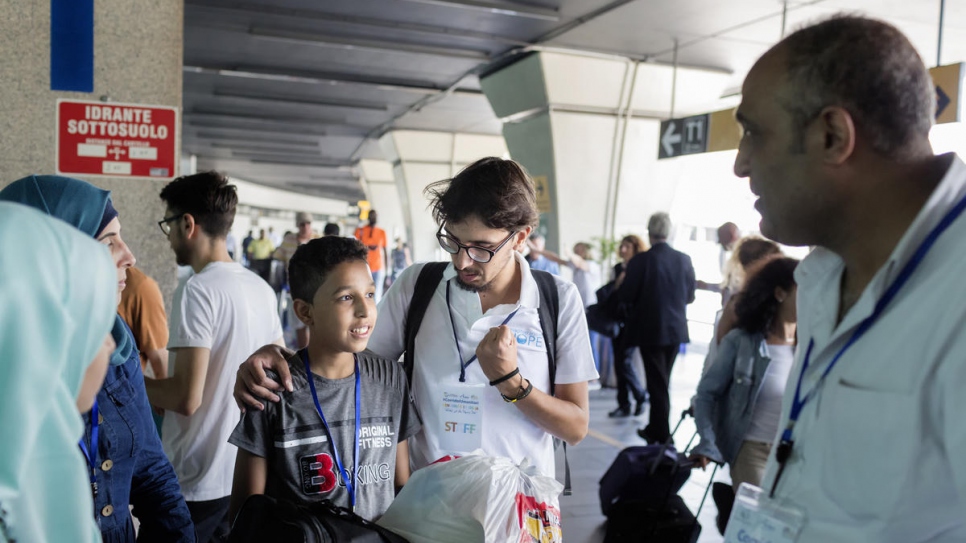
“I was among the organizers of the ‘humanitarian corridor’ initiative, which was founded in Italy, after a boat carrying refugees and migrants near the coast of Lampedusa was overturned on October 3, 2013. More than 300 people died as a result of this. Hence, a coalition of religious bodies met with the Ministries of Interior and Foreign Affairs, and the organization was launched,” said Scotta.
He continued “Since the start of the program in the midst of the refugee and migration crisis to Europe, more than 2,000 refugees from the most vulnerable groups, were relocated to Italy, mostly Syrian and Eritrean refugees from Lebanon, Ethiopia, Jordan, and Niger”. According to Scotta, there are increasing numbers of refugees who cannot stay in their host countries, so sponsorship programs, such as the “humanitarian corridor” initiative, are of great importance to them, as they are at great risk. He added “We know the circumstances of the refugees in Syria and Lebanon…and I think giving them a second chance is fair”.
Seeking a happy Yemen
From Syria and Iraq, we move to Yemen, where the difficult humanitarian situations led a group of young people to launch the “pioneers of humanity initiative”, which seeks to reduce the suffering of citizens and develop volunteer work, with the aim of “helping vulnerable groups and promoting the spirit of belonging and loyalty among the people and youth towards their communities”.
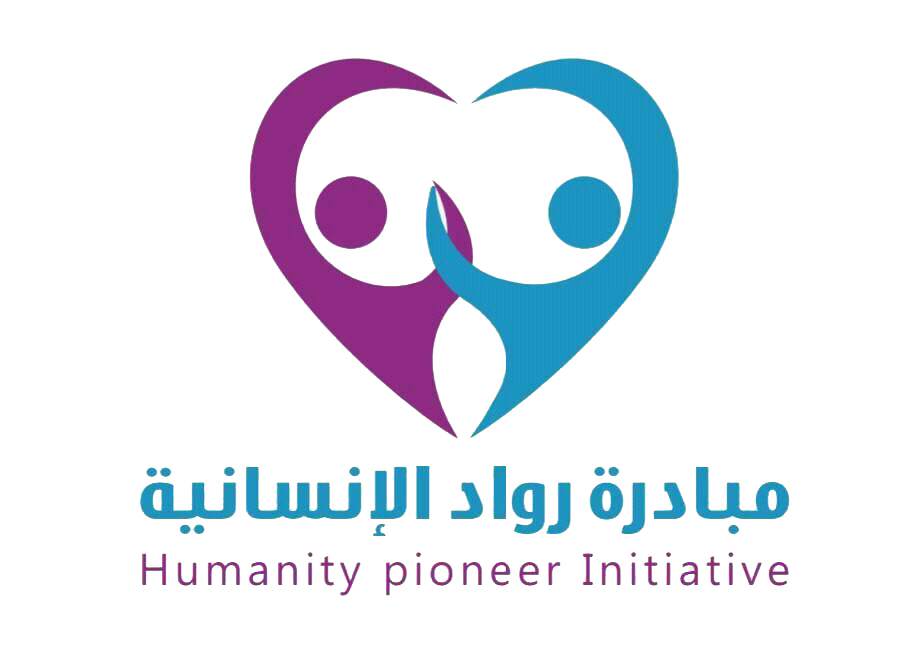
Essam Al-Ahmadi, one of the organizers of the initiative, said that the idea started with 16 University students in March 2016. Their aim was working together towards the possibility of helping citizens and improving their living conditions, focusing on the displaced sick families and children.
Over the past four years, since the outbreak of the war in Yemen in 2015, numerous individual and collective initiatives of this kind have emerged to assist victims of the ongoing conflict.
Solutions emerge from the depth of suffering
25-year-old Abdul Mahdi Adnan Gharib recites how he and his generation tried to help those affected by the ongoing Israeli-Palestinian conflict. According to Gharib, his experience in humanitarian work began in 2008, through the Palestinian Medical Relief Society. He began when he was 14 years old, helping people in harvesting olives and helping those whose homes were demolished.
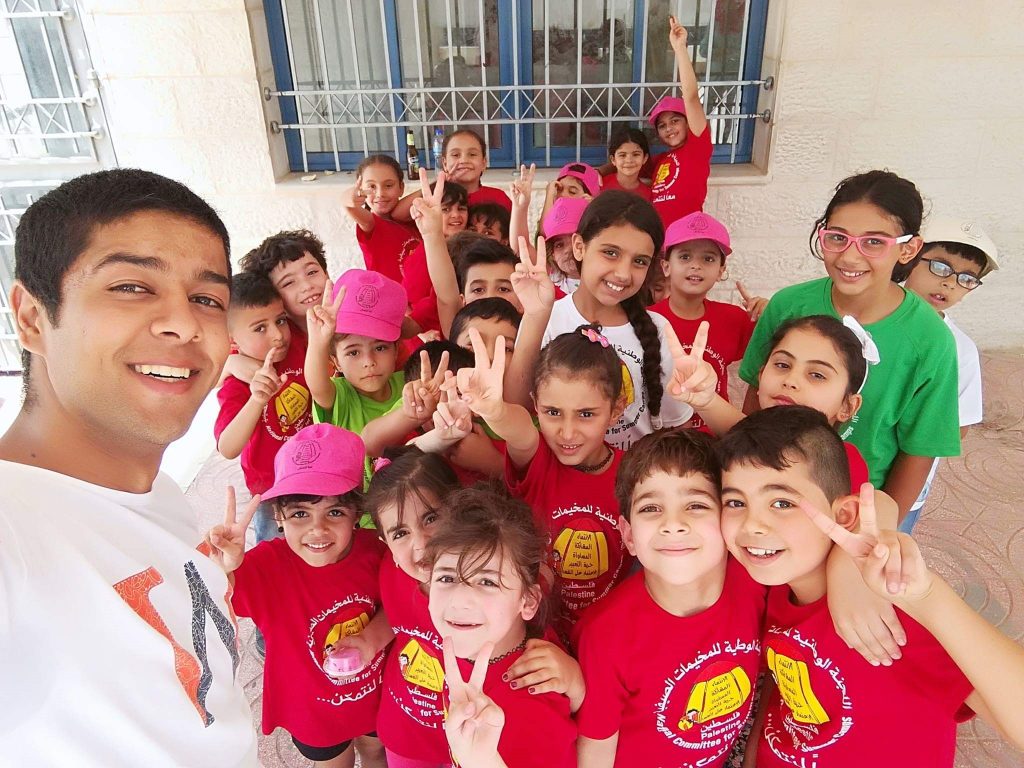
Gharib recalls how he became successively responsible for coordinating the volunteer team to help the affected people. “The first strong initiative was in Dheisheh camp inside the occupied land. In cases of the clashes between Palestinians and Israelis, ambulances were usually unable to reach the injured as a result of narrow streets and heavy gases,” he said, “we came up with the idea of training a first-aid team in the hard-to-reach areas of clashes to help those who were wounded on-ground.”
“Those teams help and work on any humanitarian or community activity in the region. If we can make a change through youth, this change will spread to the whole country because we are a nation of youth,” concluded Gharib.

